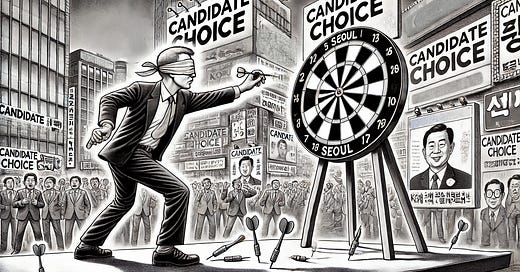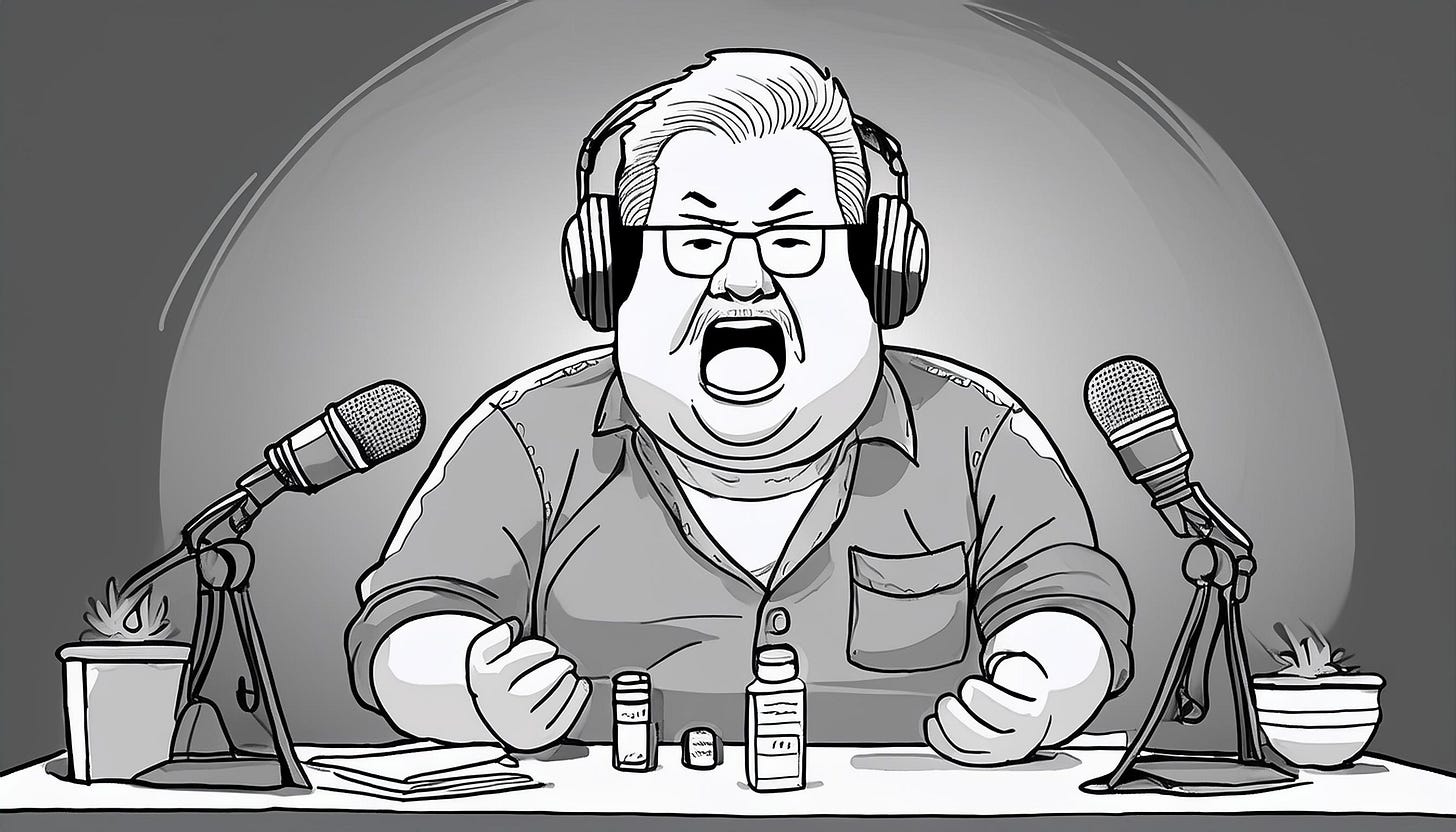Current candidate choice augurs poorly for South Korea's political future
South Korea's political landscape is marred by contentious candidate selection processes. Ready for more of the same?
South Korea's political landscape is marred by a history of contentious candidate selection processes, leading to public disillusionment and political instability.
The impeachment of President Yoon Suk Yeol, following his controversial declaration of martial law, has intensified scrutiny on the nation's leadership choices. This event underscores the critical importance of robust candidate selection mechanisms to ensure competent and ethical governance.
The persistent issues in candidate selection have profound implications for South Korea's political stability. The dominance of party elites in the nomination process sidelines qualified individuals, resulting in a leadership that does not fully represent the electorate's interests.
This disconnect fosters public distrust in political institutions and contributes to voter apathy, thereby weakening the democratic fabric of the nation.
Mainstream media have extensively covered the impeachment proceedings and the ensuing political turmoil. However, there is a noticeable lack of in-depth analysis regarding the systemic flaws in candidate selection that contribute to such crises. This oversight leaves the public without a comprehensive understanding of the root causes of political instability, hindering informed discourse on necessary reforms.
The current poor selection of candidates will contribute to ongoing political turmoil, including increased political polarization and extremism. Current opinion polls (although highly questionable based on their poor methodology) show Lee Jae-myung in front, with Kim Moon-soo, Hong Joon-pyo, Han Dong-hoon, and Oh Se-hoon, all within reach given the extended campaign. Importantly, each candidate will be forced to take on more extreme positions to secure broader and more vocal political support.
The ramifications of inadequate candidate selection extend beyond domestic politics, potentially affecting South Korea's foreign policy and economic stability. Leadership crises will undermine the country's credibility on the international stage, complicating diplomatic relations and trade negotiations. Moreover, political instability will impact foreign investment, posing risks to economic growth and development.
The entrenched issues in South Korea's candidate selection processes threaten the nation's political stability and democratic integrity. Failure to address these systemic flaws will lead to decreased public trust and decreased faith in governance
.




